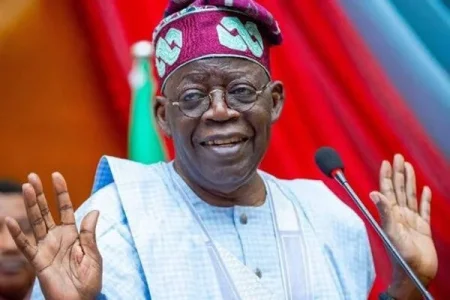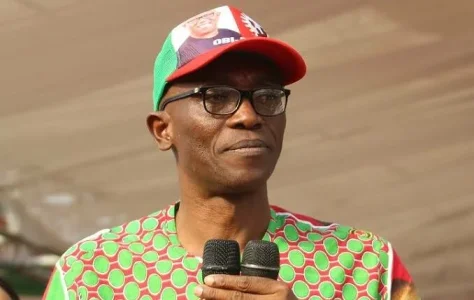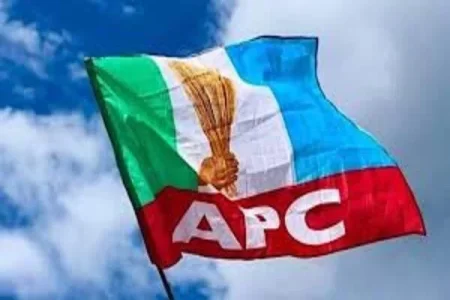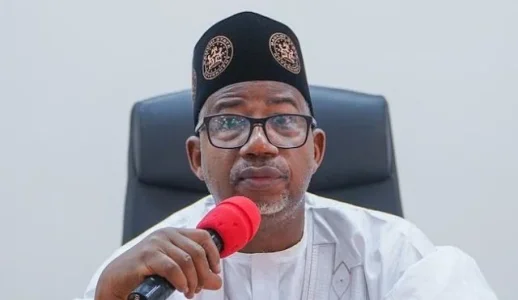
In a recent interview with TVC on Sunday night, Presidential spokesman Ajuri Ngelale revealed the government's stance on the surge of mass schoolchildren abductions in the North, attributing the incidents to political forces in the northern region plotting to destabilize Nigeria under President Bola Tinubu's leadership.
Ngelale acknowledged the relative stability achieved in the South-East but highlighted ongoing challenges in the North-Central, North-West, and North-East regions. He hinted at sub-regional geopolitical forces actively conspiring against the nation's stability, although he did not specify their identities.
The presidential media aide disclosed that the U.S. government is collaborating with Nigerian authorities to secure the rescue of over 280 schoolchildren kidnapped in Kaduna. He emphasized the commitment to intensifying collaboration not only within the region but also internationally to bring regional actors conspiring against the nation to justice.
Despite the government's assertion, Ngelale's statement has faced criticism, with Amnesty International and Atiku Abubakar of the Peoples Democratic Party condemning President Tinubu for perceived failures in securing life and property. They called for urgent action to rescue the abducted citizens.
The claim by Ngelale, attributing the wave of kidnappings in Borno, Kaduna, and Sokoto to political forces in Northern Nigeria, has sparked controversy as it contradicts facts on the ground. The situation underscores the complexity of the security landscape in Nigeria and raises questions about the broader political dynamics at play. The government's call for international collaboration adds a new dimension to the efforts aimed at addressing the root causes of the security challenges facing the nation.




